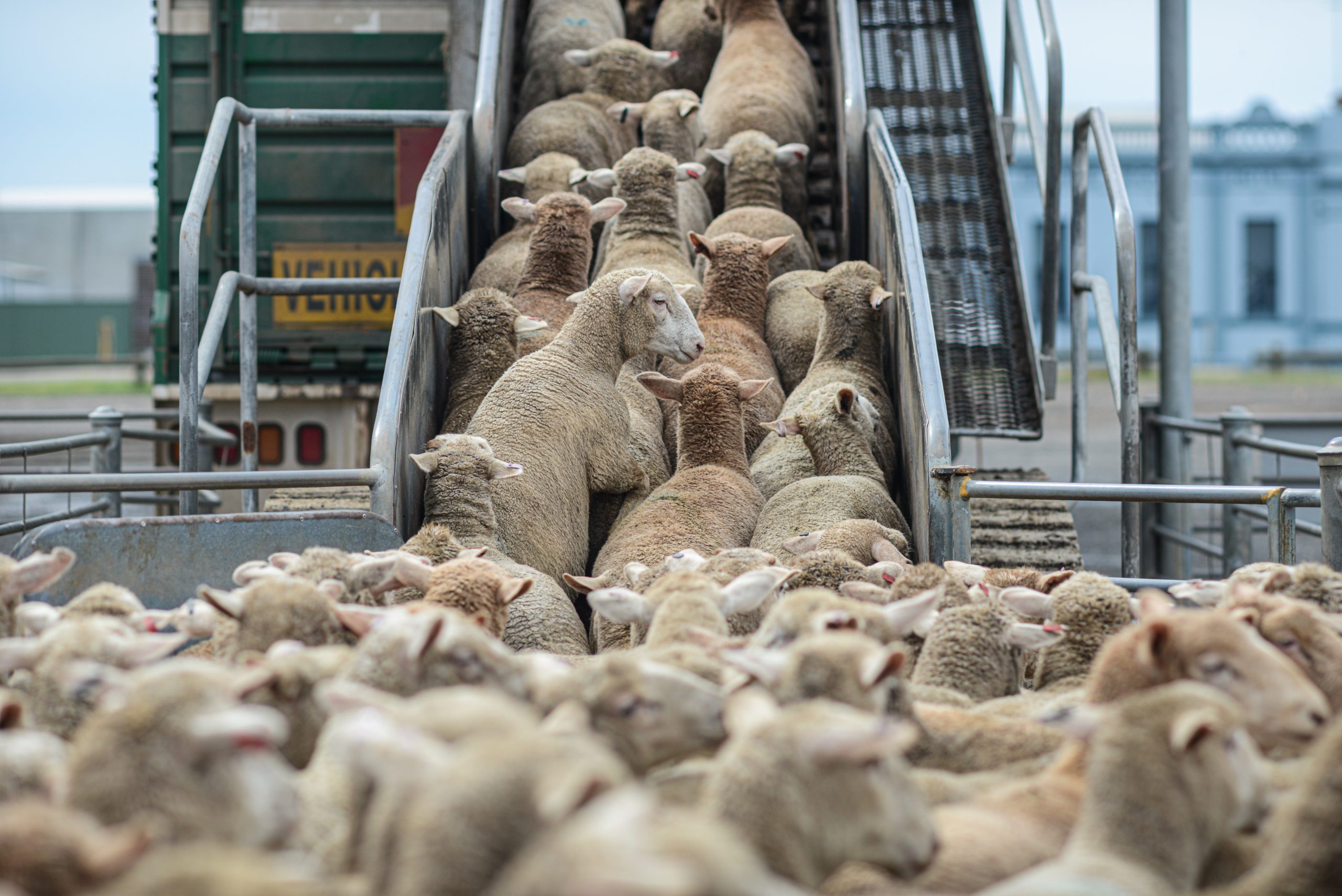FARMERS URGED TO VACCINATE AGAINST Q FEVER

Hunter New England Local Health District is strongly urging farmers and people who work with livestock to get vaccinated against Q fever as lambing and calving continues throughout spring.
Q fever is a bacterial infection carried by animals – such as cattle, sheep and goats – and can lead to chronic lethargy that may last for several months.
So far this year, there have been 20 recorded cases of Q fever in the Local Health District.
The District records about 50 cases per year with many more cases remaining undiagnosed in the community.
Population Health’s Peter Massey, said a single dose vaccine is recommended for people who work in high-risk occupations, as well as for people aged 15 years and over who could be exposed to Q fever.
“The risk of ongoing health issues, such as heart disease and chronic fatigue, can really hit individuals and families hard,” Dr Massey said.
“With all the pressure on farmers and livestock handlers with the drought and now COVID-19, the last thing we want is for them to be needlessly drained of energy for months on end after being struck down by Q fever.”
People can become infected when they breathe in dust particles contaminated by infected animal secretions or just close contact with livestock and even some native animals.
Q fever can lead to high fevers and chills, sweating, severe headaches, muscle and joint pains and extreme fatigue.
Dr Massey urged anyone who might be at risk to consult a GP who can screen for Q fever and vaccinate them, if needed.
“We want people to proactively talk to their doctor about Q fever,” he said.
Children who help with farm animals may also be at risk, but the vaccine is not recommended for children younger than 15 years.
Dr Massey said many of the behaviours adopted during COVID-19 can help keep people safe including regular handwashing and masks.
“Really good hand washing, using protective masks, protective clothing and removing clothes worn for chores outside before entering the family home are behaviours to be reinforced because they can protect those who cannot be vaccinated.”




